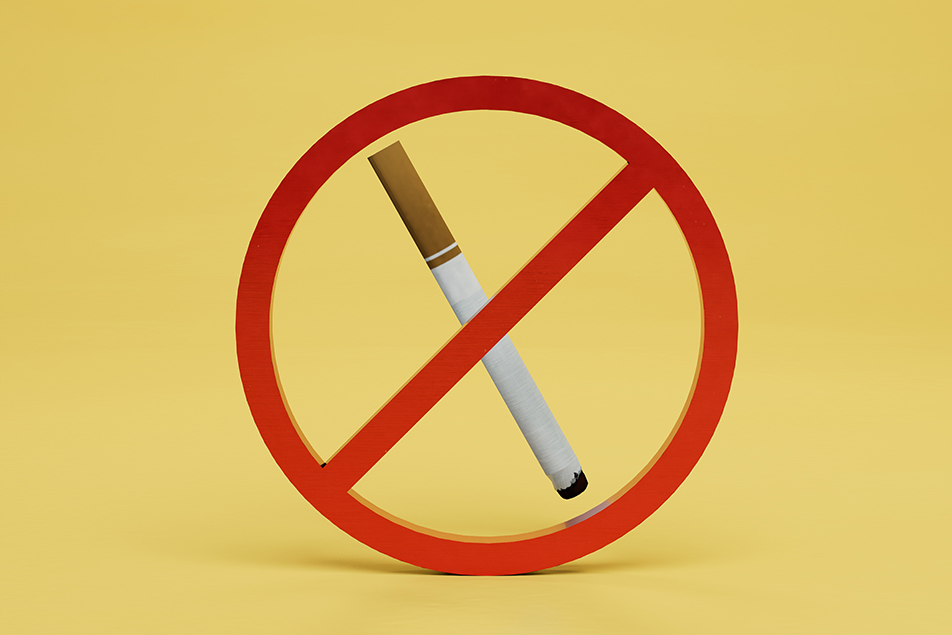A groundbreaking study has unveiled new insights into why young adults are particularly vulnerable to nicotine addiction, highlighting how their bodies react more intensely to the harmful chemical compared to middle-aged individuals. This research, conducted by experts at Pennsylvania State University in the United States, sheds light on the varying effects of nicotine depending on age and suggests important considerations for developing treatments and policies related to nicotine use.
The findings, published in the journal Behavioral Pharmacology, offer compelling evidence that the body’s sensitivity to nicotine is significantly stronger in younger individuals. In a study using mice as subjects, researchers observed that young adult mice exhibited more pronounced physiological responses to nicotine compared to middle-aged mice. Specifically, young mice—just two months old—experienced a quicker drop in body temperature and showed a more substantial reduction in movement after being exposed to nicotine. These responses were significantly more intense than those seen in mice aged eight months, which were considered middle-aged in the study.
Nicotine, a highly addictive chemical found in tobacco and other substances, affects the central nervous system and can lead to long-term health issues such as cardiovascular disease, lung disorders, and addiction. The study’s authors emphasized that understanding how age influences the effects of nicotine is critical in tailoring medical treatments and anti-smoking strategies, especially for young people who may be more prone to developing nicotine dependence.
“People continue to develop and change across their entire lifespan, and this affects how our bodies respond to medications and other chemicals, including nicotine,” said Thomas Gould, Professor of Biobehavioral Health at Penn State and lead researcher of the study. “This research adds one piece to the puzzle of all the factors—age, biological sex, genetics, and many others—that are needed to create effective medical treatments and policies for all people.”
The experiment highlighted that nicotine’s impact on young adults is not just limited to reduced mobility, but also affects their overall physical response to the substance. Young adult mice exhibited a stronger, more rapid reaction to nicotine doses, even when adjusted for their body size, compared to their older counterparts. These findings suggest that the younger a person is, the more immediate and intense their response to nicotine will be.

These age-related differences in response to nicotine have significant implications for public health, especially in the context of addiction prevention. The study suggests that young people may be at higher risk of developing a nicotine addiction due to their heightened sensitivity to the drug. Additionally, for those who wish to quit, this increased vulnerability could make it more difficult for young adults to overcome nicotine dependence.
The researchers also pointed out that the findings underscore the importance of considering age when crafting prevention messages aimed at younger populations. While public health campaigns often target older individuals who are already smokers, the research implies that younger audiences might require more tailored messaging and support to resist or recover from nicotine addiction.
Moreover, the study contributes to the broader field of behavioral health, which increasingly recognizes the critical role that age plays in addiction development and treatment. It also opens the door for future research into other substances and medications, helping to further refine our understanding of how age and other factors influence the body’s response to various chemicals.
As the research highlights, the interaction between nicotine and the developing body of a young person warrants special attention in both the creation of preventive health measures and the development of effective treatment programs. The results of this study may pave the way for more targeted approaches to reducing nicotine use among youth and supporting those who wish to quit.
In conclusion, the study not only emphasizes the increased susceptibility of youth to nicotine but also calls for greater awareness and action in combating nicotine addiction among younger populations. With a deeper understanding of how age influences the body’s response to nicotine, researchers, policymakers, and health professionals can work together to implement more effective strategies to protect and support young people.














